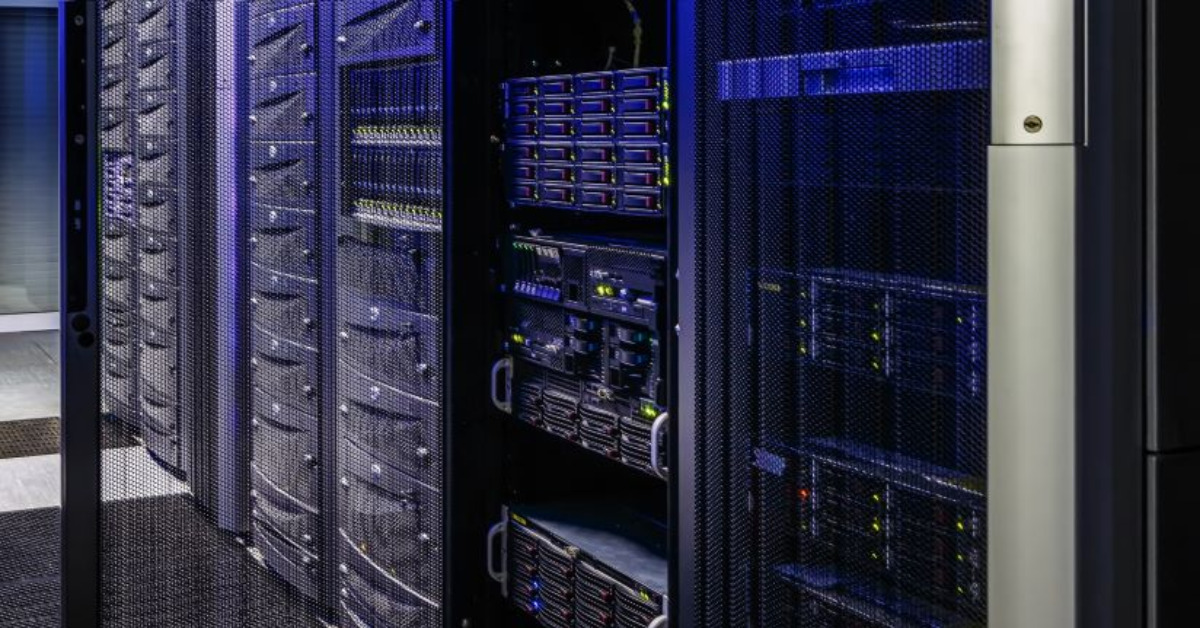Why do we need Digital Forensic Science?
09/06/2023

Important to our Justice System?
In many criminal inquiries, digital forensic science experts are deployed as part of the investigation process. Whilst this might seem like a bold statement, comments made recently by some leading law enforcement bodies provide an insight into the importance of this discipline:
Interpol1:- ‘Electronic evidence is a component of almost all criminal activities and digital forensics support is crucial for law enforcement investigations.’
Muir & Walcott via The Police Foundation2:- ‘The importance of digital forensics as a core capability within policing and criminal justice cannot be overstated…as digital evidence has become a core part of almost any criminal case, the use of digital forensics has now become a core criminal justice function.’
The National Police Chiefs’ Council3:- ‘Over 90% of all crime is recognised as having a digital element, and society’s accelerating use of technology means the critical role digital forensic science plays will only grow.’
A Tech Driven Society
Technology is now utilised in almost all aspects of our lives, from communication and social media, to banking and online shopping. In turn, device ownership has grown dramatically – almost all of us now have a mobile phone as well as having access to the Internet almost on demand. We are truly a technology driven connected society, and given this fact it should be no surprise that the same technology that we use for legitimate purposes is also deployed maliciously by criminals. The vast number of ways in which digital technologies can be abused is subject only to the inventiveness of the criminal mind. We now see devices used to commit acts such as the sending of malicious communications and to conduct fraudulent behaviours.
In addition, some devices contain information that may help investigators to understand criminal events when no human witnesses may be present, for example, CCTV which has documented an assault. The fact that technology is now intertwined with all aspects of society has now led to a large number of devices being seized in order for a digital forensic examination to be conducted. This in turn has created a number of backlogs, delaying the criminal justice process.
‘A Freedom of Information request submitted to the 45 police forces across the UK found that a total of 21,022 devices, which includes mobile phones, tablets and computers, were waiting for examination4’.
The Next Generation
Digital forensic science is both in high demand and one of the most utilised of all of the sub-sections of forensic science. To cope with this need, this field requires trained individuals with the knowledge, skills and techniques to effectively and reliably conduct digital forensic work to support criminal justice systems.
- Interpol (n.d.) ‘Digital forensics’ Available at: https://www.interpol.int/en/How-we-work/Innovation/Digital-forensics (Accessed: 27 April 2023)
- Muir, R & Walcott, S., (2021) ‘Unleashing the value of digital forensics.’ Available at: https://www.police-foundation.org.uk/2017/wp-content/uploads/2010/10/value_of_digital_forensics.pdf (Accessed: 27 April 2023)
- The National Police Chiefs’ Council (2020) ‘Digital Forensic Science Strategy’ Available at: https://www.npcc.police.uk/SysSiteAssets/media/downloads/publications/publications-log/2020/national-digital-forensic-science-strategy.pdf (Accessed: 27 April 2023)
- Long, J., (2022) ‘Police backlog of over 20,000 digital devices awaiting examination’ Available at: https://www.channel4.com/news/police-backlog-of-over-20000-digital-devices-awaiting-examination (Accessed: 27 April 2023)
Categories & Tags:
Leave a comment on this post:
You might also like…
Company codes – CUSIP, SEDOL, ISIN…. What do they mean and how can you use them in our Library resources?
As you use our many finance resources, you will probably notice unique company identifiers which may be codes or symbols. It is worth spending some time getting to know what these are and which resources ...
Supporting careers in defence through specialist education
As a materials engineer by background, I have always been drawn to fields where technical expertise directly shapes real‑world outcomes. Few sectors exemplify this better than defence. Engineering careers in defence sit at the ...
What being a woman in STEM means to me
STEM is both a way of thinking and a practical toolkit. It sharpens reasoning and equips us to turn ideas into solutions with measurable impact. For me, STEM has never been only about acquiring ...
A woman’s experience in environmental science within defence
When I stepped into the gates of the Defence Academy it was the 30th September 2019. I did not know at the time that this would be the beginning of a long journey as ...
Working on your group project? We can help!
When undertaking a group project, typically you'll need to investigate a topic, decide on a methodology for your investigation, gather and collate information and data, share your findings with each other, and then formally report ...
From passion to purpose: My journey at the Pinnacle of Aviation
By: Sultana Yassin Abdi MSc Air Transport Management, Current Student Born and raised in the vibrant landscape of the UAE, with roots stretching back to Somalia, my life has always been ...







